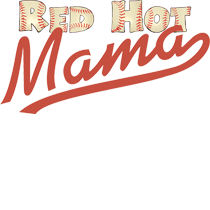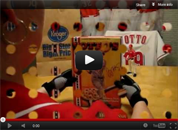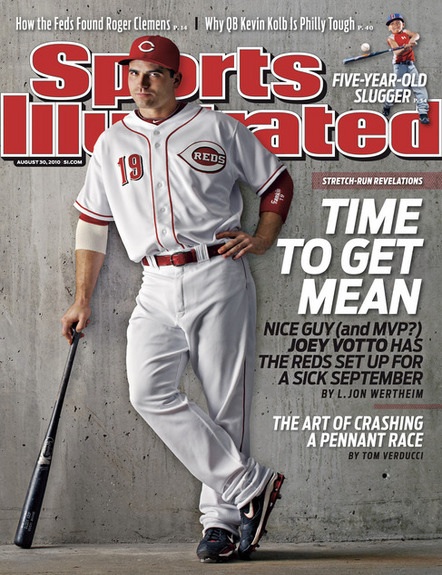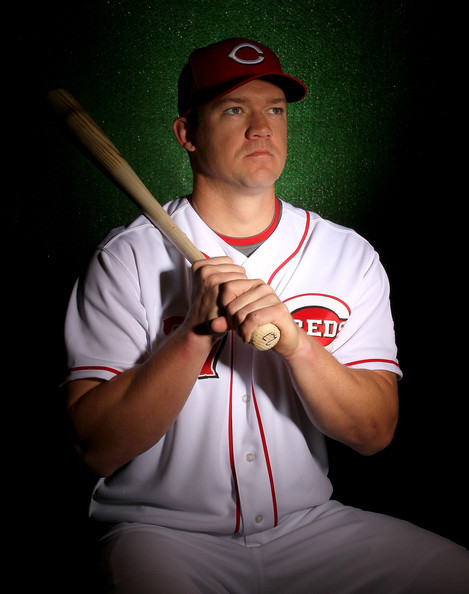CINCINNATI – Cincinnati Reds’ first baseman Joey Votto appears to be a shoo-in for the National League Most Valuable Player award, but many don’t realize the important role the exchange rate plays in the decision.
“It’s tougher for a Canadian in this sport,” said Minnesota Twins’ Justin Morneau. “Not only do we have to be 1.01422 times the player of an American to be noticed, but we’re also relentlessly subjected to lumberjack jokes.”
Despite the iniquity, things are better today than they were just a few years ago for citizens of the Great White North. As recently as 2002, a United States player (USP) was worth one and a half Canadian players (CAP). Things have been much different since 2008, thanks to a soft USP.
“Five years ago things were even worse, eh?” said New York Mets’ outfielder and British Columbia native Jason Bay. “You’d think that no one would really care about the Home Run Derby, but you’d be wrong, hoser. Try not hitting any and see how your exchange rate drops.”
Baseball macroeconomists cite the undervalued Chinese player, pegged to the USP at 0.14988 as playing a role in this changing baseball economy, but most people don’t really understand what that has to do with anything.
“I saw that Votto play,” said Chicago Cubs’ starting pitcher Ryan Dempster. “When I wasn’t busy listening to Alanis Morisette and Glass Tiger. He’s definitely worth 1.01422 times the best American player out there.”
Most agree with Dempster. The real question is whether the beat writers can avoid choking on all these stale Canadian stereotypes long enough to do the math: how a whole season of Canadian Votto compare to one month of Venezuelan Carlos González with an exchange rate of 1:4,240.11.




 There was a lovely
There was a lovely